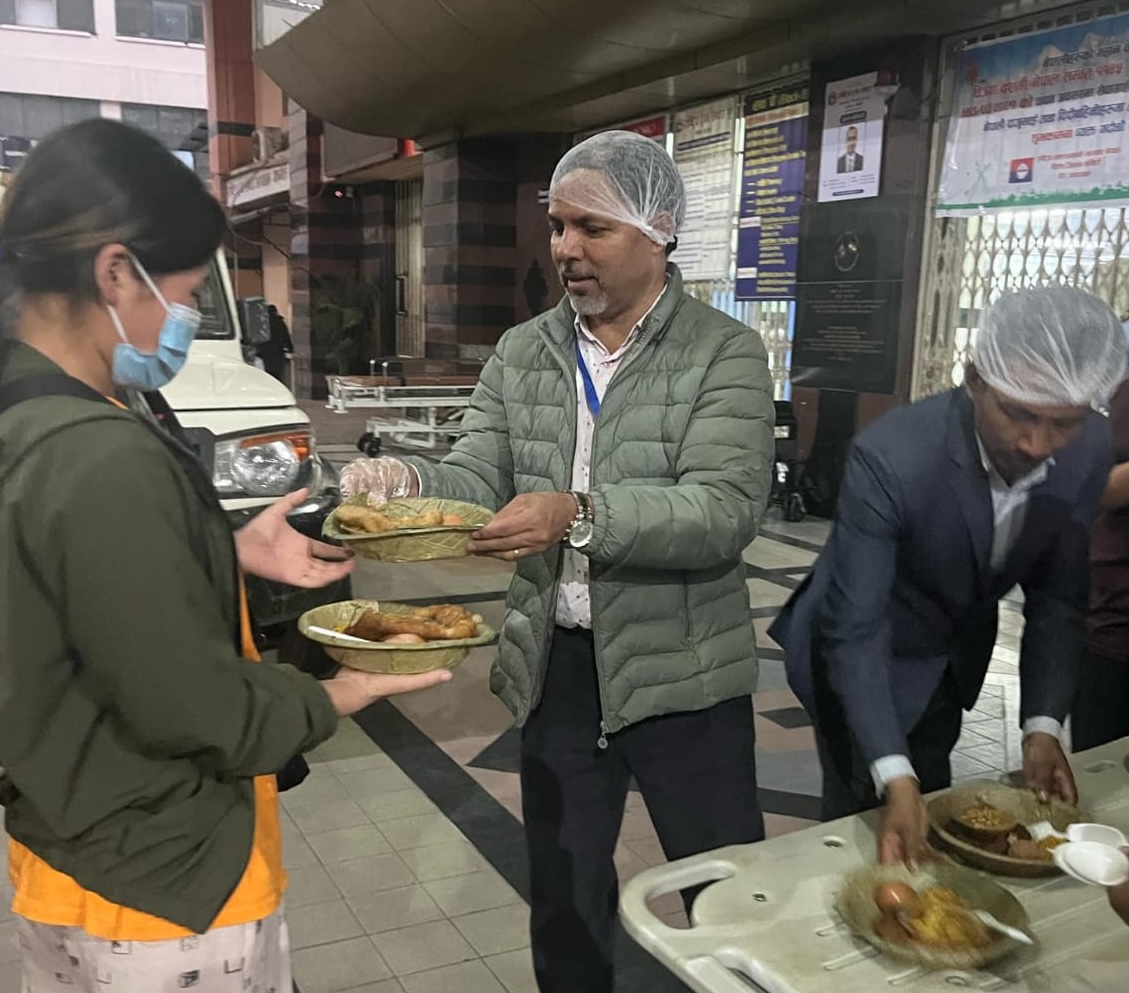
From Aid to Independence: The Evolution of Humanitarian Support
December 16, 2024

December 16, 2024
Humanitarian work is defined by its focus on providing assistance to people in need, particularly during crises such as natural disasters, conflicts, or widespread poverty. The term “humanitarian” is often associated with efforts that go beyond immediate relief to foster long-term development, emphasizing human dignity and independence. But what is a humanitarian, and how do they impact lives? Simply put, humanitarians are individuals or organizations that strive to alleviate suffering, promote human welfare, and uphold human rights. Their work spans a wide range of activities, from delivering humanitarian aid to advocating for systemic change.
Humanitarian efforts have evolved over time, shifting from merely providing temporary relief to supporting long-term, sustainable development. This shift has changed the question from “How can we help now?” to “How can we empower individuals and communities to thrive independently?”
The humanitarian definition has grown over the years to encompass more than just emergency relief. The new face of humanitarian aid focuses on sustainable development and self-sufficiency. Organizations now work not only to provide food, water, and shelter but also to help communities become resilient to future crises. This shift is particularly evident in the work of nonprofits such as Forgotten Children Worldwide (FCW), which provides holistic programs designed to transform the lives of vulnerable children and adolescents. Modern humanitarian efforts include:
The statistics are compelling. Globally, it’s estimated that between 143 and 210 million children are orphans, many of whom are vulnerable to poverty, hunger, and exploitation. Humanitarian organizations such as FCW work tirelessly to reduce these numbers. According to the United Nations, over 360 million individuals need humanitarian assistance. Yet, the goal is not just to provide relief — it’s to reduce the need for such aid over time.
FCW has embraced the evolving nature of humanitarian aid, focusing not only on meeting the immediate needs of vulnerable children but also on empowering them to build self-sustaining futures. FCW’s holistic approach includes programs that provide education, food, and vocational training. These services are critical to helping children transition from a life of dependency to one of independence.
For example, Kipindi Mpito, one of FCW’s flagship programs, helps adolescents in Uganda transition from childhood to adulthood. In a world where vulnerable children often fall prey to trafficking and exploitation, FCW steps in to offer life skills, counseling, mentorship, and trade training. These programs equip young people to become self-sufficient, giving them the tools they need to thrive.
To truly define humanitarian work, we must look at the tangible impact it has on individuals and communities. FCW’s work provides clear examples of how humanitarian efforts can bring about lasting change:
The future of humanitarian efforts lies in a shift from aid dependency to empowerment. Organizations such as FCW are leading the way by focusing on long-term solutions that address the root causes of poverty and exploitation. From offering vocational training to providing life-saving medical care, FCW and other nonprofits are ensuring that the most vulnerable have the opportunity to become self-reliant.
As the world becomes more interconnected, the role of humanitarians will continue to expand. More than ever, there is a need for comprehensive, sustainable programs that do more than just provide temporary relief. The goal is to foster independence, one child at a time.
FCW’s approach to humanitarian aid provides a blueprint for sustainable change. From providing immediate relief to fostering self-sufficiency, FCW is helping to create a world where vulnerable children can grow into independent, confident adults. Our programs, such as Kipindi Mpito, serve as a testament to the power of humanitarian work that evolves with the needs of the people it serves.
The road to independence is not always easy, but with the right support, it’s one that every child will be able to walk.
At Forgotten Children Worldwide, we strive to empower forgotten children in developing nations. Our mission is to protect, empower, love, and repeat. A major part of our work is guiding the vulnerable on the road to meaning and self-sufficiency. One of the ways we do this is through initiatives such as our Kipindi Mpito program, which helps children and adolescents by teaching them critical life skills, offering counseling and mentoring, promoting personal discipleship, providing trade training, and focusing on self-confidence and empowerment.
We also focus on child sponsorship that provides clothing, nutrition, education, medical care, spiritual development, and mentorship to children in need. If you are interested in getting involved, you can learn more about what we do, sponsor a child, or make a donation to support our critical work!
Looking for ways to get involved?
If you’re looking for a more hands-on approach to make a Kingdom impact, consider applying for one of our volunteer positions.
learn more
Receive Updates from Forgotten Children
We are looking forward to staying in contact with you so that you can receive the latest updates on what is taking place in the lives of vulnerable children in Africa and Asia.
website designed & developed by studio humankind | Photography by forgotten children worldwide